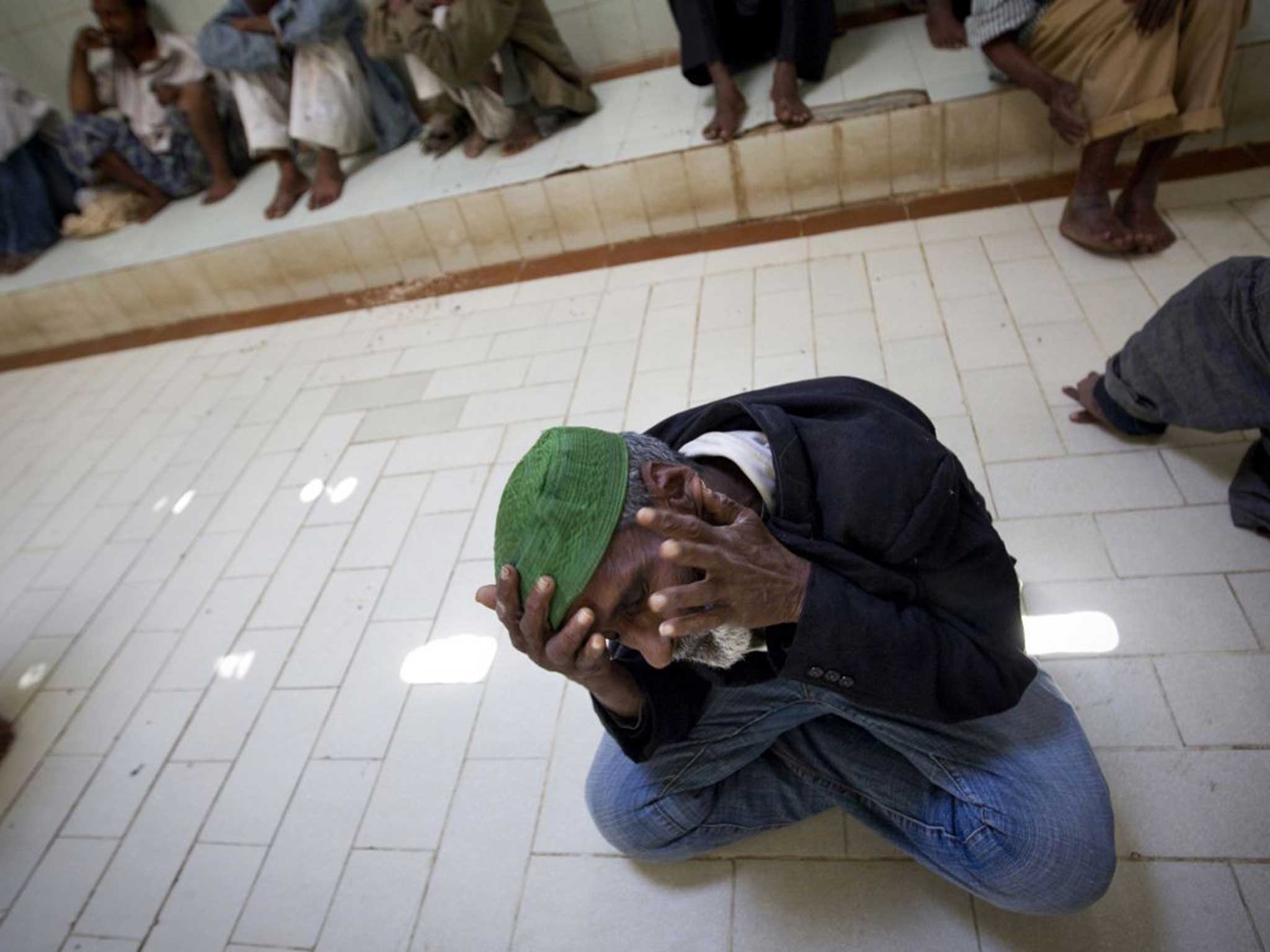Treating mental illness is a global task, say experts
Psychiatrists say changed priorities can reduce poverty, chronic disease and underachievement

Your support helps us to tell the story
From reproductive rights to climate change to Big Tech, The Independent is on the ground when the story is developing. Whether it's investigating the financials of Elon Musk's pro-Trump PAC or producing our latest documentary, 'The A Word', which shines a light on the American women fighting for reproductive rights, we know how important it is to parse out the facts from the messaging.
At such a critical moment in US history, we need reporters on the ground. Your donation allows us to keep sending journalists to speak to both sides of the story.
The Independent is trusted by Americans across the entire political spectrum. And unlike many other quality news outlets, we choose not to lock Americans out of our reporting and analysis with paywalls. We believe quality journalism should be available to everyone, paid for by those who can afford it.
Your support makes all the difference.The world's leading psychiatrists have launched a historic bid to include mental health in the UN's post-2015 development goals.
The eight Millennium Development Goals (MDGs), established at the start of the 21st century, have guided the world's response to global poverty and ill-health, leading to remarkable gains in the fight against TB, malaria and HIV.
However, no targets for improving the treatment of mental illnesses were included in the MDGs, leading to what psychiatrists have called the "systematic neglect" of millions of people.
In 2015, the MDGs will be replaced by a new set of targets, the Sustainable Development Goals (SDGs), aimed at guiding global policies for the remainder of the century. The UN is soon to decide what to include in the SDGs at the launch summit next year.

A group of 13 senior psychiatrists from the US, Europe, Africa and Asia is now spearheading a campaign to have a specific mental health target included in the SDGs.
One of the UK's leading experts on mental illness, Professor Graham Thornicroft, told The Independent on Sunday that the UN needed to push countries into ending "a conspiracy of silence" around the neglect of the mentally ill.
"This year, one in six of us will have a mental health problem … In most countries it is difficult, almost impossible, to speak about mental illness … We see systematic neglect at every level about mental health issues," he said.
"We know that mental illnesses are not just common, but are contributing to up to a quarter of all the disability in the world. It's remarkable. But in terms of international policy, we have seen this astonishing disregard of the needs of people with mental illness."

Estimates vary, but at least 450 million people are believed to suffer from mental illness. Depression, anxiety, and psychotic illnesses such as schizophrenia are not just problems in themselves, but also increase the likelihood of the sufferer succumbing to heart and lung diseases.
Studies in Australia and Scandinavia have shown that men with mental illness die on average 20 years younger than the general population, and women on average 15 years younger.
"Colleagues working in Ethiopia have shown that there is a big drop in life expectancy for people with mental illness in developing countries as well, where people are often just abandoned by their families and become destitute," said Professor Thornicroft.
The SDG initiative, dubbed #FundaMentalSDG, argues that combatting mental health problems will also help the world to reduce poverty, chronic disease, and educational underachievement – all exacerbated by mental illness.
Join our commenting forum
Join thought-provoking conversations, follow other Independent readers and see their replies
Comments